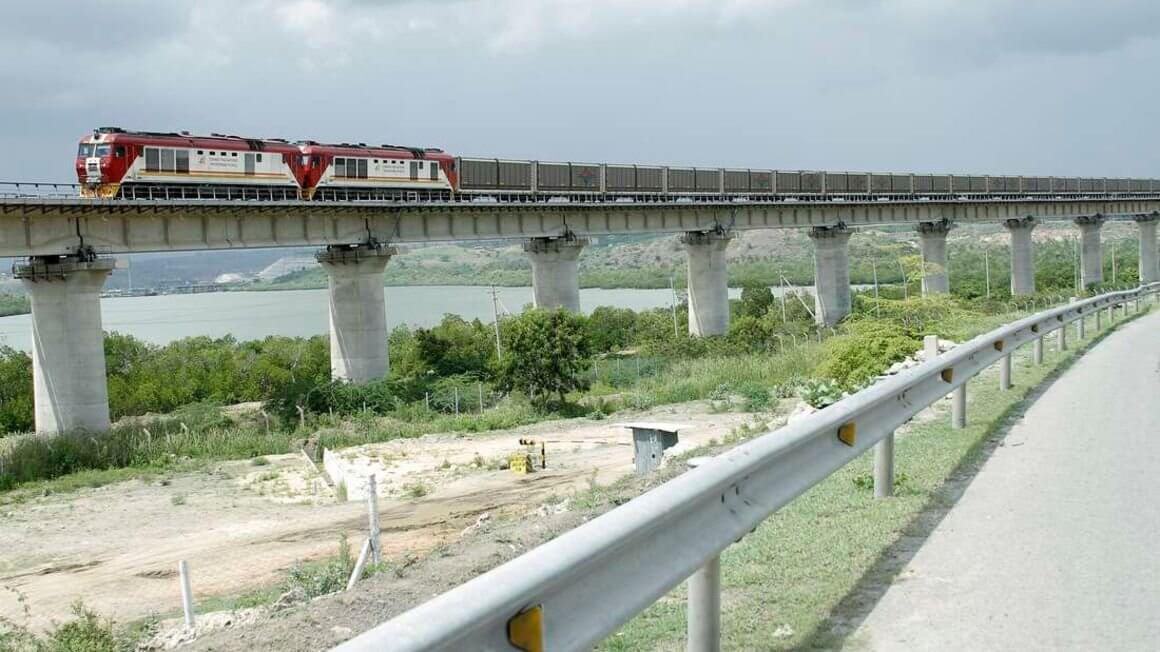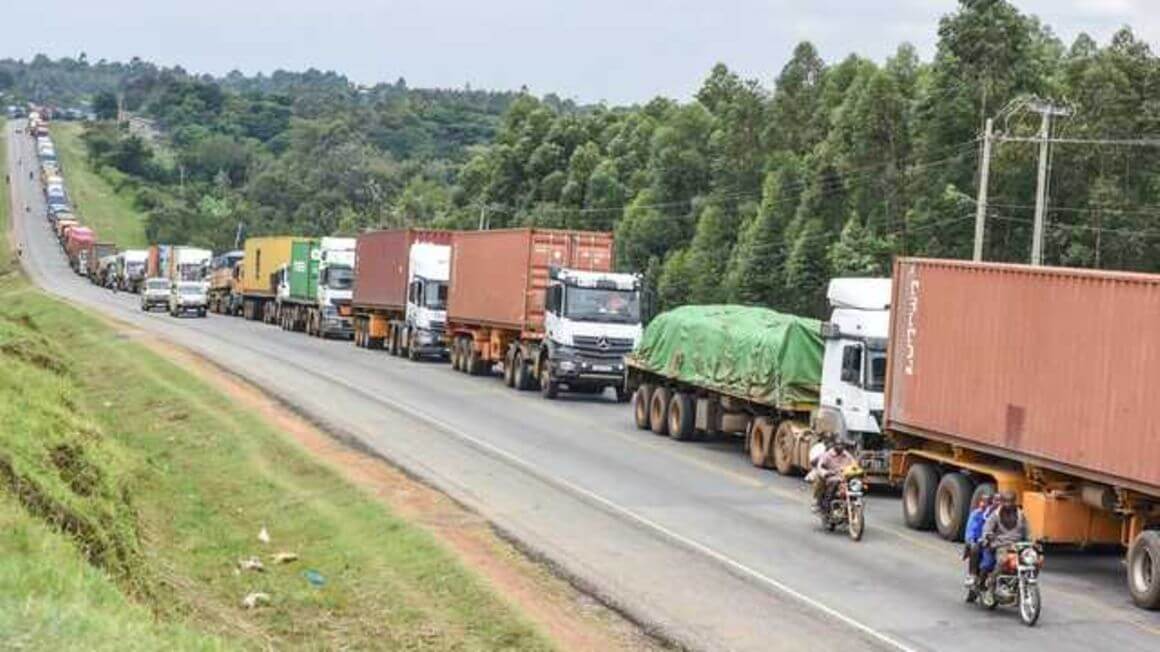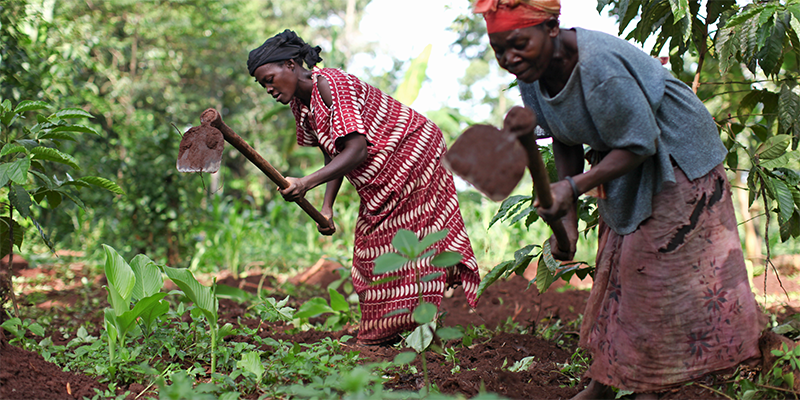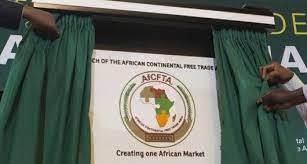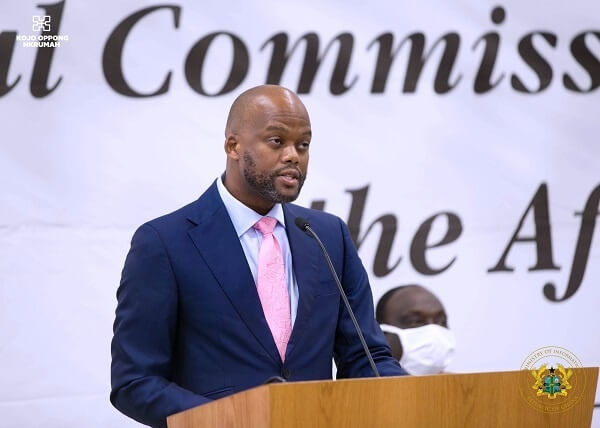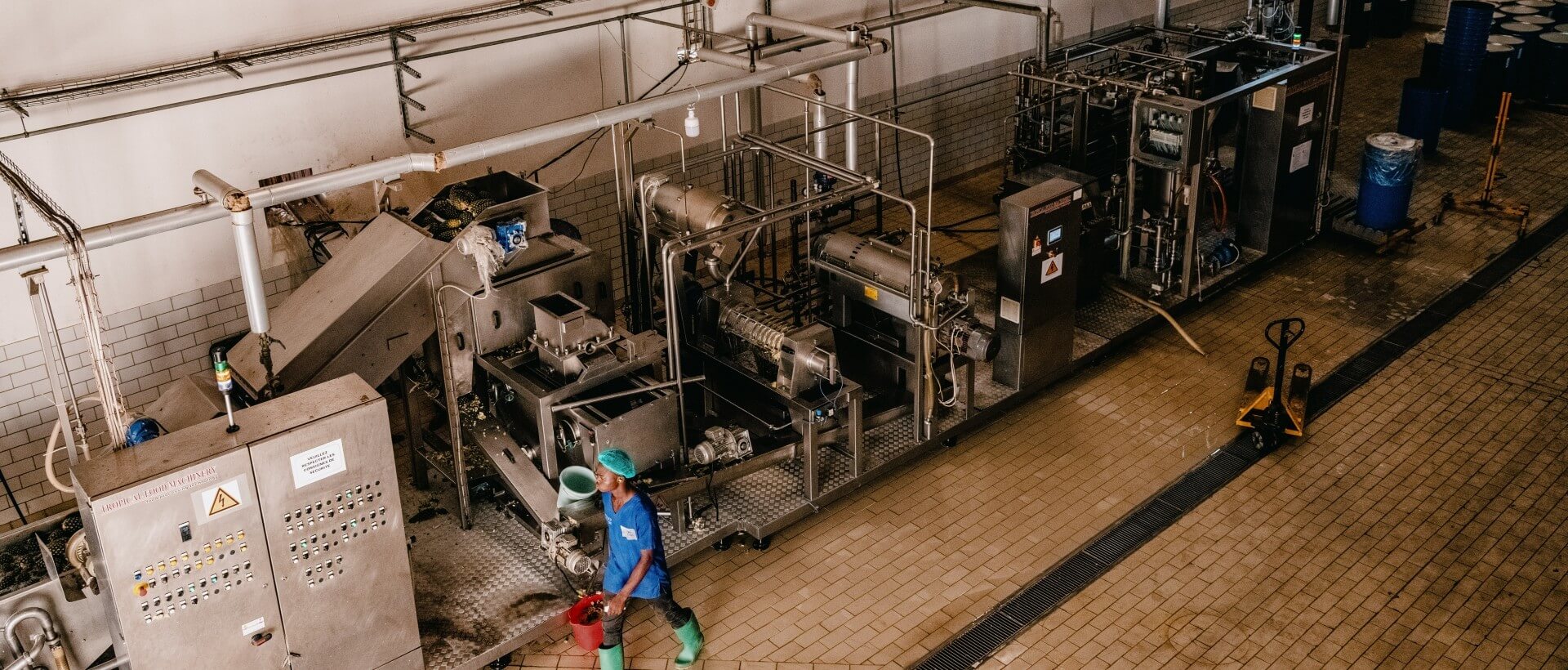Summary Amani Abou-Zeid, the commissioner for Infrastructure and Energy at the African Union Commission, has urged countries to embrace transnational projects to facilitate the movement of cargo, noting that no meaningful development can take place without significant investment in infrastructure. The African Union High Representative for Infrastructure Development Raila Odinga noted that while countries have increased budgetary allocations to infrastructure projects, funding from private and institutional investors was missing to bridge the continent’s infrastructure deficit. Lack of infrastructure is a bigger hurdle to trade within Africa than uncertain non-tariff barriers, eating up close to 40 percent of logistics expenses and affecting free movement of goods, officials have warned. Amani Abou-Zeid, the commissioner for Infrastructure and Energy at the African Union Commission, has urged countries to embrace transnational projects to facilitate the movement of cargo, noting that no meaningful development can take place without significant investment in infrastructure. “We need to invest in infrastructure to boost our intra-trade on the continent. This can only be achieved by increasing budgetary allocation toward infrastructure projects,” said Ms Zeid in a speech during the official launch of the Programme For Infrastructure Development in Africa (Pida) Week in Nairobi, organised by the African Union Development Agency (Auda)-Nepad. The African Union High Representative for Infrastructure Development Raila Odinga noted that while countries have increased budgetary allocations to infrastructure projects, funding from private and institutional investors was missing to bridge the continent’s infrastructure deficit. Mr Odinga said Covid-19 had also negatively impacted cross-border trade as AU members...
Intra-Africa trade in need of more investment to move cargo
Posted on: March 14, 2022
Posted on: March 14, 2022

